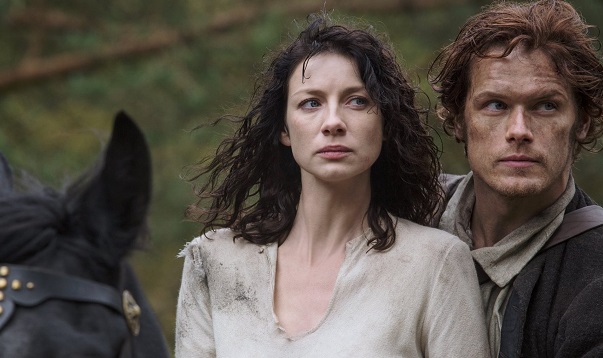
Nasty Women and How to Deal with their Unfortunate Lack of Class
Why Women Can Be So Mean to Each Other and How to Protect Yourself
Excerpt:
“Some women don’t play by the rules. Many times, though, we realize this only in hindsight.
We assume her warm overtures are genuine, so we extend our friendship and trust. However, instead, she betrays us, often at great personal and professional cost. We may wonder what happened and why we didn’t see it coming.
But we shouldn’t be too hard on ourselves. Some women haven’t left behind the childish games they learned on the playground in elementary school.
Little has changed as they’ve gotten older, except they’ve become much better at bullying others, under the radar. They’ve become masters at creating chaos without tipping anyone off, except the unfortunate victim who’s still pinching herself to see if this really happened, and wondering if anyone else would believe what she’s just experienced.
A few social scientists are now beginning to study and publish ground-breaking work on adult female bullies, because, for too long, most people assumed they didn’t exist.”
© Mary Strayhorne ALL RIGHTS RESERVED


